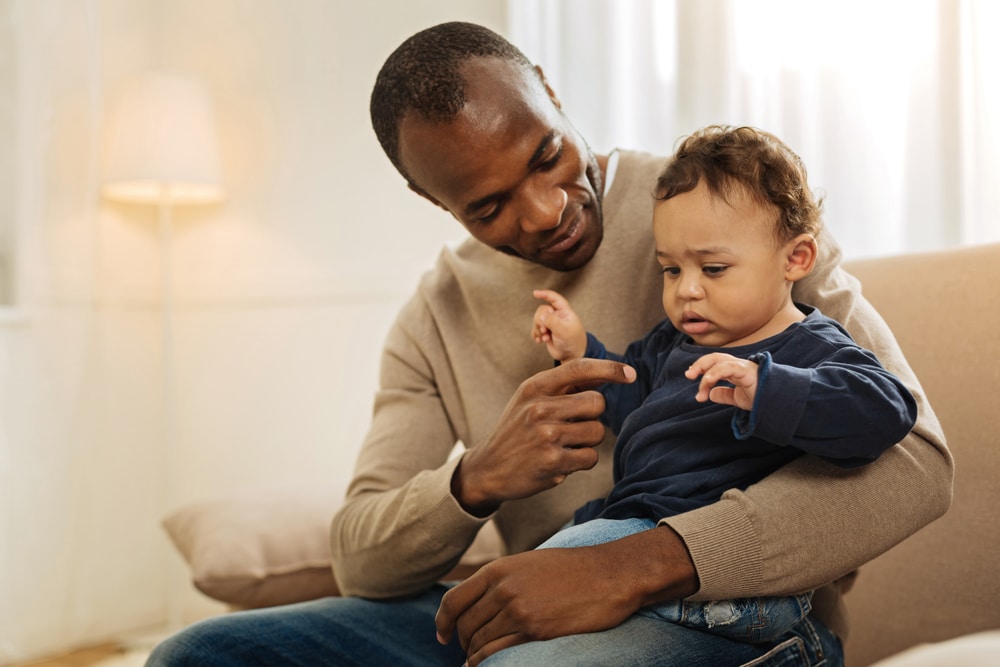Child Custody Options and Arrangements Attorneys Monmouth and Ocean County NJ
Two general types of custody must be determined in every child custody case: physical and legal custody.

What can I expect from New Jersey Child Custody Laws?
Most of the time, New Jersey child custody laws allow co-parents to agree on their own custody plan to submit to be approved by the court. If you and your co-parent cannot reach an agreement outside of court, the judge will sometimes require that both you and your co-parent submit separate custody plans for the court to review. In all other cases, the court will determine custody based on the best interest of the child.
What Will the Judge Take into Consideration When Determining Custody?
When deciding who will have custody, a judge will try to make an arrangement that s/he thinks is in your child’s best interest. Generally, the court will try to make sure that both parents share the rights and responsibilities of parenting. This means that it tries to let both parents play an active role in taking care of your child and making decision s about your child’s life. The court will base its decision on many factors. Some of the things a judge will consider are:
- Both parents can agree, talk with one another and cooperate about issues relating to your child.
- Whether you and the other parent want custody.
- If either parent has refused to let, the other parent sees the child. However, a judge won’t consider this if you prove that you denied access because you or your children were being abused.
- Your child’s relationship and interactions with both parents and any siblings. The court tries to make sure children will have an ongoing relationship with their brothers and sisters.
- The number of children involved and their ages.
- The history of domestic violence, if there is one.
- The safety of your child and either parent from physical abuse by the other parent.
- Which parent your child would rather live with if s/he is old enough to make an intelligent decision.
- What your child’s needs are.
- How stable both parents’ homes are.
- The quality and continuity of your child’s education, in other words, whether your child would have to change
schools, and how good of an education s/he will receive.
- The general fitness of both parents
- Generally speaking, the court looks at the character, habits, and physical and mental condition of both parents to see whether it thinks you are “fit.”
- The distance between the parents’ homes
- Usually, the court will consider how far the distance is between both parents’ homes and whether either parent plans to move out of state.
- How much time and the quality of the time that both parents spent with the child, before or after you split up.
- Both parents’ employment responsibilities.
These are only a handful of factors that the New Jersey child custody laws and courts consider. There are a few additional important factors, which may be less commonly known to most people. If the court observes that one co-parent is more likely to put personal differences with the other co-parent aside and focus on the child’s benefit, this co-parent has a definite advantage in court when fighting for custody. A second important factor is whether each co-parent is willing to encourage and foster a close relationship between the child and the other co-parent. New Jersey child custody laws may not necessarily recognize these factors, but they are essential in the eyes of a family court judge.
Arranging for Custody Outside of Court in New Jersey
There are ways to resolve custody issues that do not directly involve the court. These are preferable over litigation because parents have more of a say in the decision-making process. In some cases, negotiations can be made for custody between the parents and their respective attorneys to produce a desirable custody arrangement for all. First, parents must decide how many overnight stays the child will have with the non-custodial parent. Usually, a schedule of nights per week, or one week on and one week off, is the easiest to plan. Establishing parenting time is more accessible if both parents live close to the child’s school. Holidays, special celebrations such as birthdays, and vacations should be included in the plan. Visitation times with extended relatives, summer camps, recitals, and other performances can be added. The more specific the plan, the less confusion and discussion there will be.
In addition, mediation is another option that involves a neutral party who helps parents agree on a custody plan. New Jersey courts require mediation in most cases before they will allow litigation. Mediation allows parents to participate in the custody planning process actively, and this autonomy is conducive to an environment of cooperation and compromise.
Similarly, collaborative law involves the parents, their attorneys, and a team of experts. Each parent hires a collaborative lawyer, who in turn hires the experts necessary to support their case. Before the process begins, the parties sign a confidentiality agreement and promise to be honest and cooperative. Lawyers and experts meet with the parents to devise a custody plan upon which everyone can agree.
Do you have Questions About Having Custody of your Child/Children?
If you are worried about child custody and would like to talk to someone about your legal options, the Bronzino Law Firm, with our office in Brick, NJ, is prepared to provide you with the information and assistance you need. Our legal team of top-notch attorneys wants to help you return to a peaceful and secure state of mind. Contact us at (732) 812-3102.


 schools, and how good of an education s/he will receive.
schools, and how good of an education s/he will receive.




